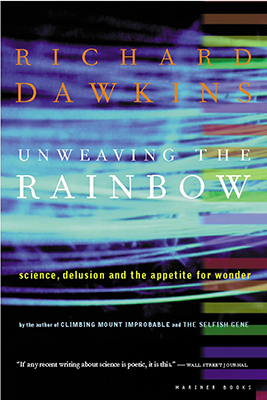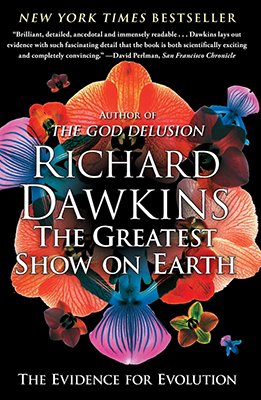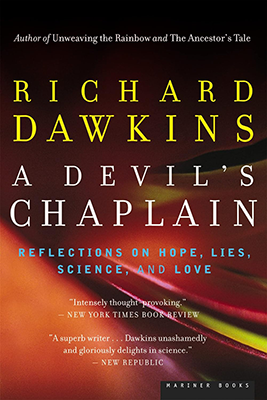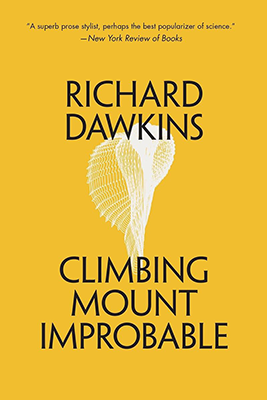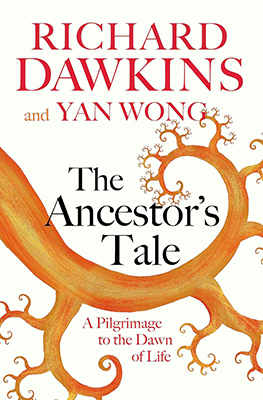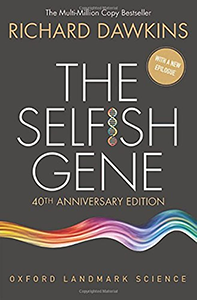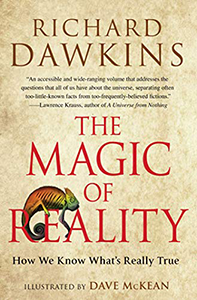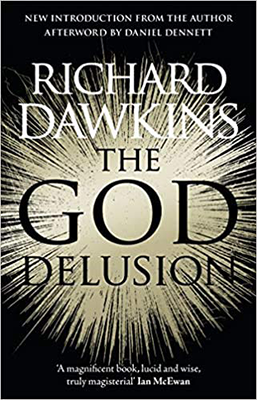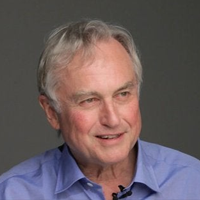
Richard Dawkins
Richard Dawkins, born on March 26, 1941, in Nairobi, Kenya, is a British evolutionary biologist, ethologist, and author. He is one of the most prominent figures in the field of evolutionary biology and is widely known for his advocacy of atheism and secularism. Here’s an overview of his biography:
Education:
Dawkins studied zoology at Balliol College, Oxford, where he earned his Bachelor of Arts degree in 1962. He continued his studies at Oxford, completing his Doctor of Philosophy degree in 1966 under the supervision of Nobel Prize-winning ethologist Nikolaas Tinbergen.
Career:
After completing his doctorate, Dawkins remained at Oxford as a lecturer in zoology. Throughout his academic career, he focused on the study of animal behavior, particularly in the context of evolution. His research contributed significantly to the understanding of topics such as altruism, sexual selection, and the evolution of cooperation.
Dawkins rose to prominence with the publication of his book “The Selfish Gene” in 1976. In this groundbreaking work, he introduced the concept of the gene as the unit of selection in evolution and explored the implications of this perspective for understanding behavior and adaptation.
Following the success of “The Selfish Gene,” Dawkins continued to write prolifically on evolutionary biology, producing works such as “The Extended Phenotype” (1982) and “The Blind Watchmaker” (1986), which further expounded on his ideas and addressed critiques of his earlier work.
In 2006, Dawkins gained widespread attention beyond the scientific community with the publication of “The God Delusion,” a book in which he argues against the existence of a deity and criticizes religious faith as irrational and harmful. The book sparked intense debate and solidified Dawkins’ reputation as a leading advocate for atheism and secularism.
Apart from his academic and literary pursuits, Dawkins is also known for his public speaking engagements, where he discusses science, reason, and the importance of skepticism. He has been a vocal critic of creationism and intelligent design, advocating for the teaching of evolutionary theory in schools and universities.
Throughout his career, Richard Dawkins has received numerous awards and honors for his contributions to science and literature. He remains an influential figure in both scientific and secular circles, continuing to promote the values of critical thinking, scientific inquiry, and secular humanism.

